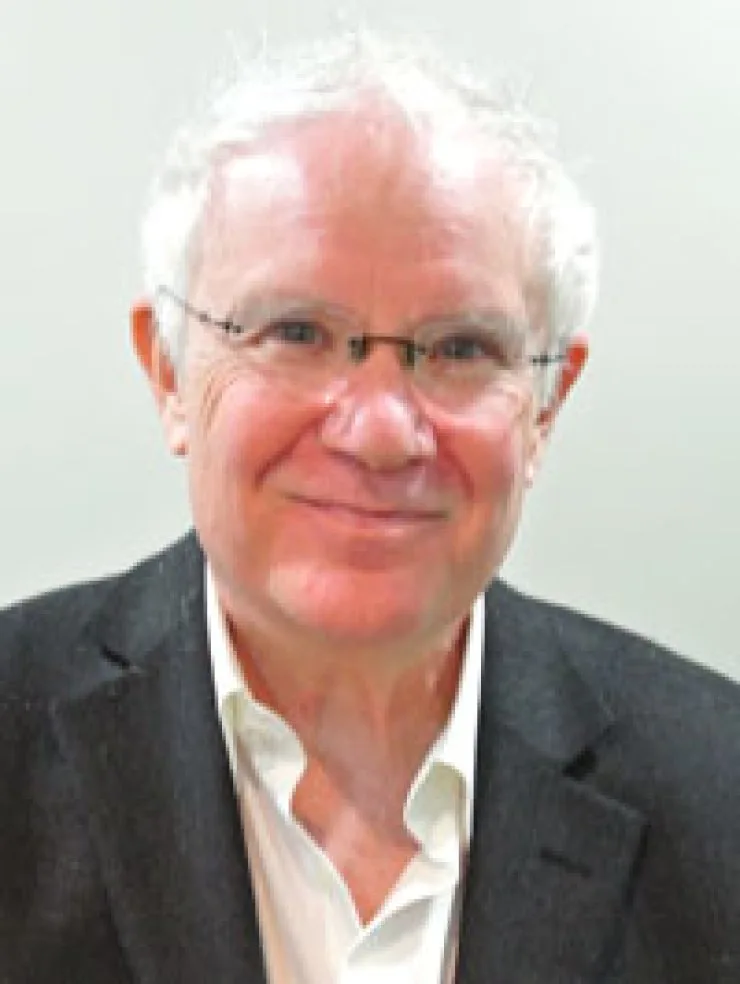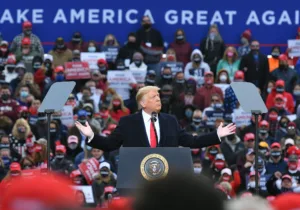During the Cold War, Soviet influence on Western and international civil society organizations promoting peace and disarmament was notorious. The World Peace Council and its sub-organizations were managed by the Soviet Communist Party, and transmitted Soviet propaganda. Participants in these organizations were often pacifists and Christians, but most were evidently sympathetic to the ideals of socialism, and thus open to Soviet anti-American and anti-NATO narratives.
Today, while Vladimir Putin leads Russian policy toward rebuilding a Russian empire, any spirit of socialism is absent from its ideological foundation. The Russian Federation is no self-proclaimed worker’s paradise that tries to inspire people around the world in a language of liberation and the empowerment of workers, and against the greed and abuses of capital. While a virulent, Eurasianist ethno-nationalism boils among influential state intellectuals, there is no distinct ideology driving policy other than one of brute military power, resentment about alleged historical grievances, and revanchist ambition to recover lost territory. Moreover, the regime sometimes violently suppresses political opponents and civil society monitors.
And yet, something curious has happened: today, after Russia has completely abjured socialist ideals, leftist “peace” movements promote Russian foreign policy narratives. What, then, motivates them?
The United Kingdom-based Stop the War Coalition brags that it opposed the war in Afghanistan beginning in 2001, as well as the wars in Iraq and Libya; history, they say (and to paraphrase Fidel Castro), has absolved them, given the outcomes of these conflicts. And now they oppose a war over Ukraine.
In fact, all reasonable people feel the same way. But the Stop the War Coalition simply parrots Russian narratives in arguing against war, without engaging with the problem of Russia’s massive preparation for a military assault on Ukraine; its recent illegal annexation and subversion of parts of the country; its transparently degrading approach to the Ukrainian people’s dignity and right to self-determination; and its overt threats of war if its demands are not met.
All speakers in a Stop the War Coalition Zoom conference on February 10 blamed the United States and the United Kingdom for “provocations” that putatively led to the crisis. They echoed the discredited charge that the United States promised NATO would not take in Eastern European states, and railed against America’s attempt to “control Ukraine” and “expand US hegemony in Europe.” According to hard-left German MP Christine Buchholz, who spoke, “the West has pushed Russian interests out of Ukraine.” Other speakers blamed Ukraine for failing to implement the Minsk agreements, with no mention of how the Russian Federation has approached these accords.
Richard Sakwa, a professor at the University of Kent known for his pro-Russian bias, praised a recent joint statement by the Russian Federation and China, which he said outlines a “positive vision of global sustainable development.” According to Sakwa, the “rules-based international order” is a subsystem of the UN Charter system, which it has usurped. The UN Charter system is meant to end “archaic alliances” like NATO. Yet an alliance between the Russian Federation and China, foreseen in the joint statement, seemed to pass muster with Sakwa.
Speakers were frustrated by unity in the UK Parliament and the US Congress with regard to Ukraine and Russia, and in particular, by British Socialist Party leader Kier Starmer’s support for NATO and claim that Stop the War was siding with Russia. Medea Benjamin spoke on behalf of Code Pink: Women for Peace, an avowedly leftist American lobby, denouncing the “demonization of Putin” and the “aggression” of American politicians in the crisis. The “rush to war” is driven by the weapons industry. “NATO is a dangerous alliance,” she warned, and “binary thinking” regarding the United States and Russia is “unhelpful.” In the past, Benjamin gained notoriety for defending the policies of the late socialist dictator Hugo Chavez in Venezuela, claiming he was justified in closing opposition media outlets. Jeremy Corbyn also spoke during the conference, warning of NATO’s “troop buildup” and “mission creep” that could lead to violent confrontation with Russian forces. Blaming UK Prime Minister Boris Johnson for “bellicose statements,” he and other participants praised German and French approaches as more conciliatory and diplomatic.
Under Putin, Russia has poured resources into modernizing its military, including adding destabilizing new hypersonic missiles, while living standards and infrastructure in the country have languished. And Russia has used its military in conflicts that it has encouraged in Georgia, and in Syria—where, since 2015, Russian forces have ruthlessly bombed civilians and even hospitals in the course of fighting on behalf of dictator and ally Bashar al-Assad. Putin has told Europeans to get used to the possibility of war. Two days prior to Stop the War’s Zoom conference, Putin apocalyptically threatened nuclear war if Ukraine joined NATO.
It is thus fair to ask how any “peace” organization can withstand the cognitive dissonance of being a mouthpiece for Putin and Russian policy in this situation. Stop the War does not simply advocate for a diplomatic solution to the Ukraine crisis, but is, indeed, overtly pro-Russia, and apparently disinterested in any aspect of the conflict that cannot be blamed on the US, the UK, and NATO.
The answer seems to be that these activists, whose views are perhaps typical of many in Western democracies, favor any power or movement that challenges America and her friends, whether it be Islamic fundamentalism, rising Chinese security-state hegemonism, or Russia’s military threats to European security. Any enemy of their enemy is their friend. And this suggests that the “peace” movement, which once drew upon what was left of socialism’s vivid, sectarian belief in a total transformation of the world, has become blindly nihilistic and morally obtuse.






